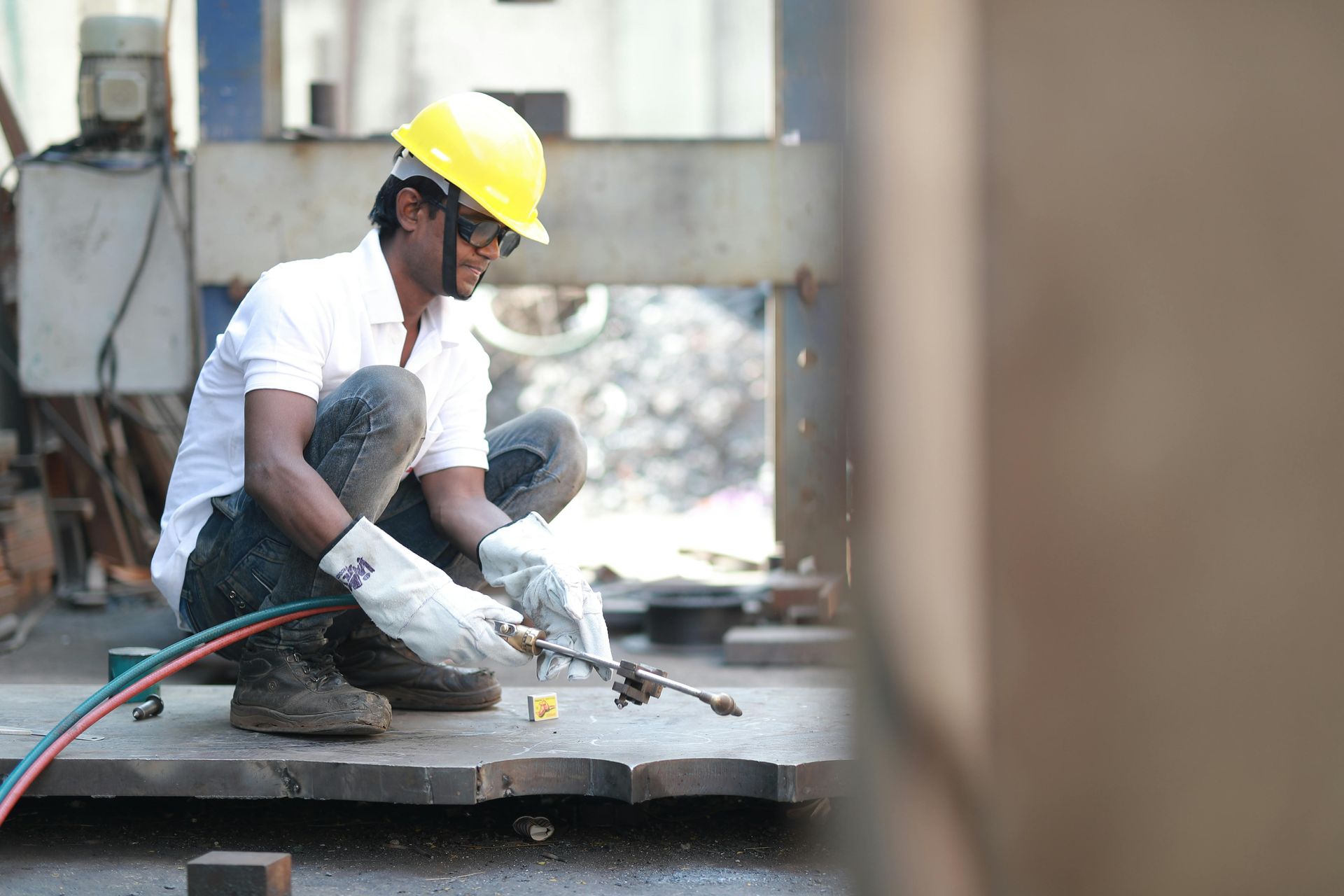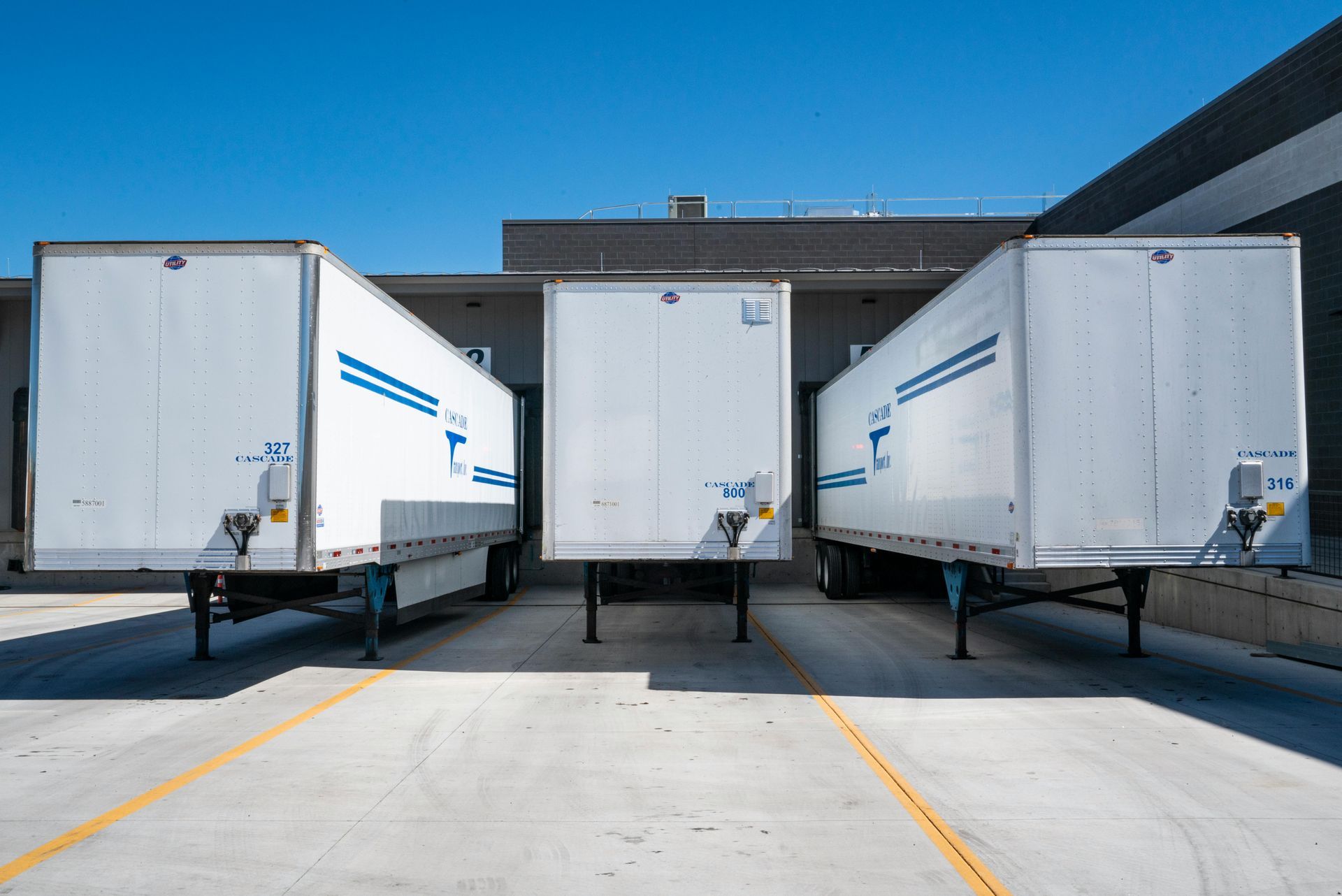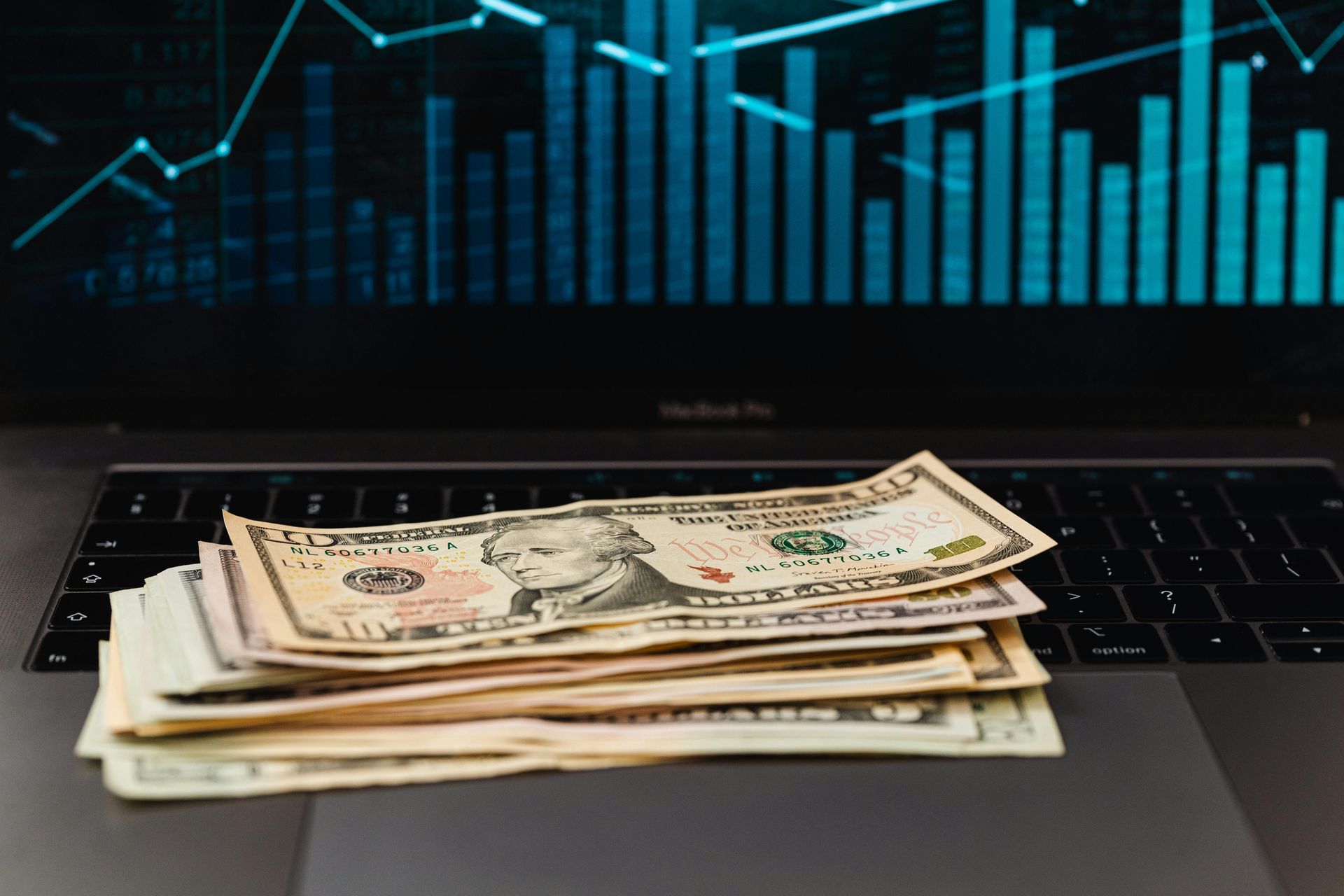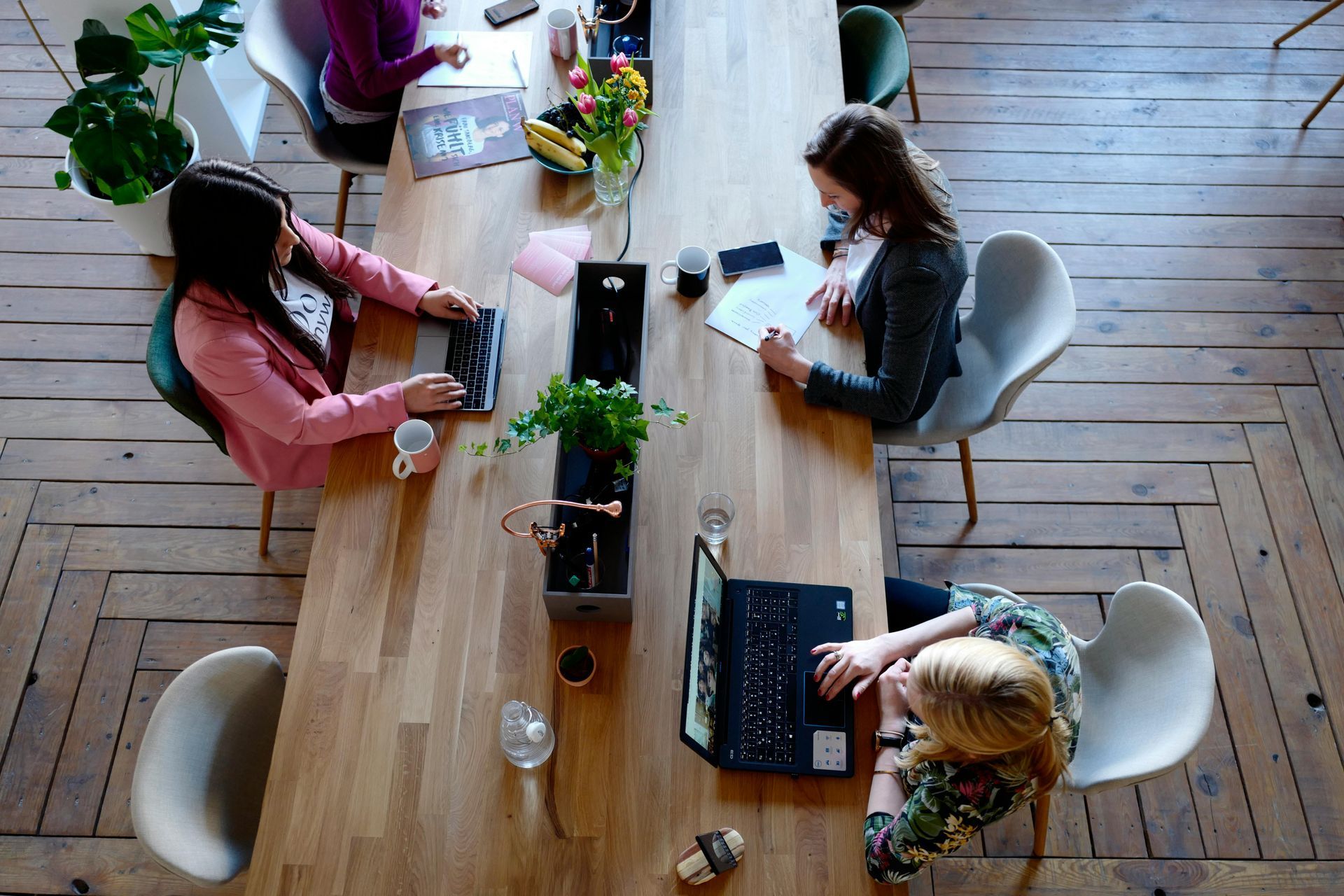How to Make Working From Home Work For You

Safe Work Australia identifies remote or isolated work as a psychological hazard. Over the past year, there have been noticeable signs of “the great exhaustion” in the local job market. Long-term remote work can have a negative impact on mental health, as highlighted by the Black Dog Institute. Is this contributing to the prevailing exhaustion?
According to a study conducted by the American Psychiatric Association in May 2021, nearly two-thirds of people who spend at least some time working from home say they’ve felt isolated or lonely from time to time. For 17%, that is a constant feeling.
It is crucial that we delve deeper into understanding the correlation with our fatigued workforce. In recent years, workplace wellness has gained prominence, with immeasurable positive effects for employers who have embraced it. However, employers who neglect this aspect face consequences such as burnout, workers’ compensation claims, toxic work cultures, poor performance, disengagement, and staff turnover.
I had the privilege of interviewing Fiona Kane, a professional speaker on health and workplace wellbeing from Informed Health, to gain further insights on this topic.












